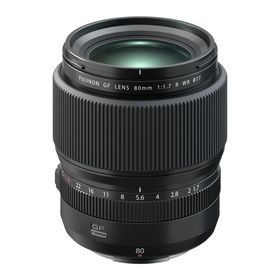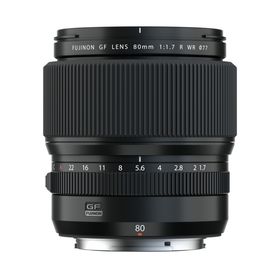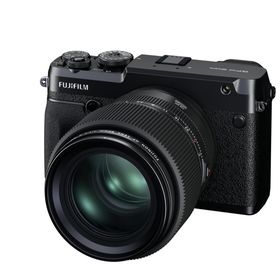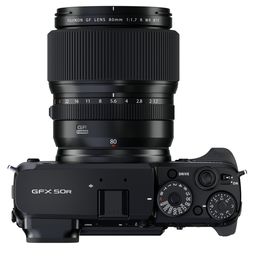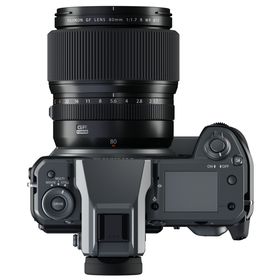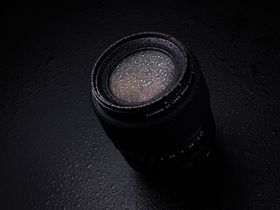Optically designed for limitless creativity
GF80mmF1.7 R WR features nine rounded diaphragm blades that can be stopped down to provide edge-to-edge sharpness or opened up to produce images with beautifully smooth bokeh, with astounding separation between a subject and its background, from any GFX System camera. Comprising 12 lens elements in nine groups, including one aspherical element and two Super ED elements, this lens is optimally balanced to control spherical aberration and deliver a quality of bokeh so aesthetically pleasing that it most likely cannot be reproduced by any other Large Format lens.
The use of ultra high-precision glass moulding technology means both surfaces of the aspherical lens element can be manufactured to within a tolerance of 1/100,000th of a millimetre. This is five times more accurate than regular moulding and reduces the onion-ring effect that can oftentimes negate the effect bokeh can have on the out-of-focus sections of an image.
The world’s first F1.7 lens with autofocus for a large format digital system
GF80mmF1.7 features a powerful DC motor that has enough torque to drive the focus group of six lens elements - which includes the aspherical element - to deliver accurate and reliable autofocus, even when the lens is wide-open at F1.7 and depth of field is extremely shallow. The lens also supports the Face / Eye AF function, which uses an advanced focusing algorithm to accurately acquire focus on a subject’s face or eye even when they are moving within the frame.
GF80mmF1.7 brings a half-a-stop of improvement to GFX100’s AF scene luminance limit. Moving from EV-5.0 to EV-5.5, GFX100’s autofocus is now even more capable in low-light.
Compact and practical size
Measuring at 99.2mm (3.9in) long and weighing just 795g (1.75lb), with a filter thread size of 77mm, GF80mmF1.7 is practically sized and suited for both on-location and in-studio applications.
Weather-resistant seals have been applied to the lens barrel at 10 locations on the lens to protect it against dust and water, while also providing it with the ability to operate at temperatures of down to -10°C (14°F). The front lens element is also coated with fluorine to repel dirt for an added layer of protection.

